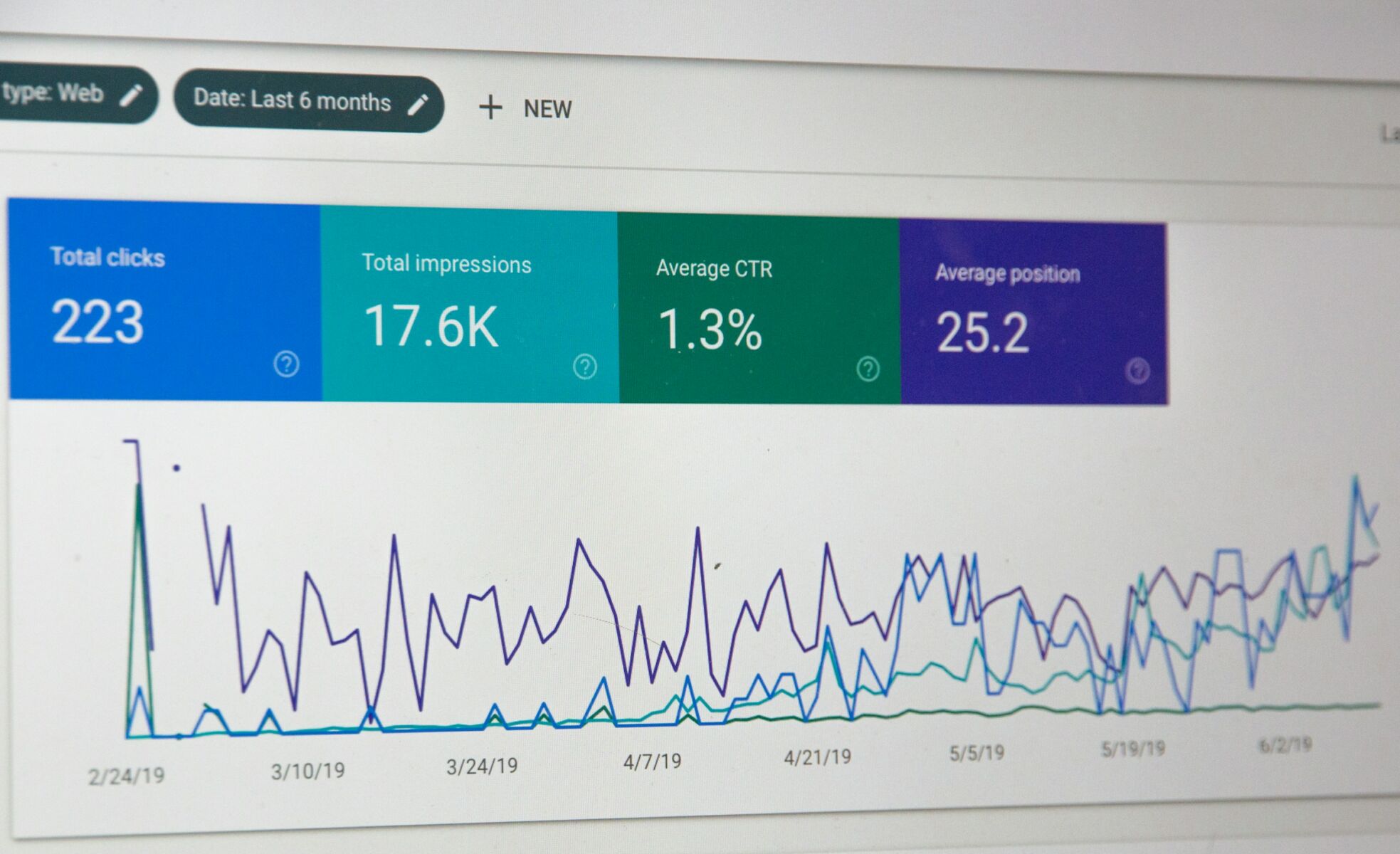SEO versus SEM: Mastering digital marketing strategies

In the digital marketing realm, understanding the nuances between SEO and SEM is crucial for boosting your online presence. While both strategies aim to elevate your site’s visibility, they take different routes to achieve this goal. SEO leverages organic tactics to climb up the search engine results pages (SERPs), making your site more discoverable without direct payment. On the other hand, SEM involves a blend of organic SEO and paid advertising methods, ensuring your brand grabs attention through both natural rankings and strategic ad placements. Knowing which strategy, or combination thereof, suits your brand can significantly impact your digital footprint and overall success.
Search engine optimisation (SEO)?
When delving into the digital marketing sphere, you’ll quickly notice that SEO plays a pivotal role in boosting your site’s visibility without the need for direct payments for ads. Search engine optimisation is all about refining your website to climb higher in the natural or organic search results on platforms like Google and Bing. This involves a series of strategies aimed at enhancing your position on search engine result pages (SERPs).

Cost implications
While visits to your website from organic search results don’t incur a cost per click like paid traffic does, there’s still investment involved. It’s the time, effort, and sometimes the cost of hiring SEO professionals to implement and maintain your SEO strategy.
Why focus on SEO?
Investing in SEO is crucial because it leads to sustained online visibility. Unlike paid advertising, which stops the moment you pause your spending, the efforts put into SEO continue to bear fruit over time, making it a cost-effective strategy in the long term. Moreover, by focusing on providing valuable content and a seamless user experience, you’re not just optimising for search engines; you’re building trust and credibility with your audience.
By understanding the nuances of search engine optimisation and implementing best practices, you’re setting your website up for success in the competitive digital landscape.
Search engine marketing (SEM)?
Moving beyond the realm of SEO, SEM stands out as a comprehensive strategy that leverages both organic and paid efforts to enhance your digital presence. SEM not only encompasses the principles of search engine optimisation but elevates visibility through targeted advertising campaigns. By integrating SEM into your marketing toolkit, you’re essentially ensuring that your brand captures attention across the spectrum of search engine results pages (SERPs).
When diving into Search Engine Marketing, it’s crucial to understand its foundational premise. Unlike SEO, which primarily focuses on elevating your site’s position in search results through content optimisation and keyword relevance, SEM involves purchasing ads that appear on the SERPs. This dual strategy effectively places your brand in front of potential customers, regardless of whether they’re scrolling organically or clicking through paid advertisements.
The distinctive feature of SEM is its ability to provide immediate visibility. While SEO is a long-term game, requiring patience and ongoing refinement, SEM can catapult your brand to the forefront in a matter of hours. This immediacy is particularly advantageous for new product launches or time-sensitive promotions. It’s important to note, however, that this visibility comes at a cost. Budgeting for SEM campaigns, therefore, becomes an integral part of your strategy, allowing you to balance reach and expense effectively.
Understanding the nuances between SEO and SEM is pivotal in crafting a strategy that aligns with your brand’s goals. While both aim to enhance your online presence, they do so in fundamentally different ways. Harnessing the strengths of each can set you on a path to digital success, but it’s the synergy between organic optimisation and targeted advertising that truly amplifies your brand’s reach.

SEO vs SEM: Main features
When diving into the digital marketing arena, understanding the intricacies of search engine optimization (SEO) and search engine marketing (SEM) is crucial. These two strategies, while often used interchangeably, serve distinct purposes in enhancing your online visibility. In this section, we’ll explore the fundamental components of SEO and how it differentiates from the broader spectrum of SEM.
On-Page SEO
On-page SEO is about fine-tuning the elements within your website to ensure it’s enticing not only to your visitors but also to search engine algorithms. It’s your first step toward establishing a strong foundation for your website’s performance in search results. This involves meticulously crafting content with the right balance of keywords, ensuring your website architecture supports a positive user experience, and making sure that each page loads swiftly across all devices.
2. Optimize for relevant keywords
Identifying and incorporating relevant keywords into your content is a cornerstone of on-page SEO. This doesn’t mean stuffing your articles to the brim with keywords. Instead, you’ll want to strategically place them in your titles, headers, main content, and URLs where they naturally fit. This approach ensures search engines and users alike understand the context and relevance of your pages.
Off-Page SEO
Transitioning from the internal elements of your site, off-page SEO focuses on enhancing your website’s authority through external means. This segment primarily revolves around building a trustworthy link profile and establishing your site’s credibility in the digital ecosystem.
1. Build quality backlinks
High-quality backlinks from reputable sites are a testament to your website’s authority. These links act as endorsements, signifying that your content is valuable enough for others to reference. Embarking on a strategy to acquire these links involves reaching out to industry leaders, creating share-worthy content, and perhaps guest posting on distinguished platforms.
3. Write descriptive meta tags
While technically part of on-page efforts, meta tags have an outsized impact on your visibility in search results and on attracting clicks from potential visitors browsing those results. Crafting precise meta descriptions and title tags that include targeted keywords can significantly enhance your CTR. These tags serve as an advertisement for your page, compelling users to click through to your site.
By integrating these practices within your strategy, you’re not just adhering to the principles of SEO. You’re taking proactive steps to distinguish your site in a crowded marketplace, ultimately driving more organic traffic without directly paying for placements. Remember, while SEM may encompass both paid and organic tactics, focusing on the organic foundations of SEO ensures your website maintains its visibility and credibility in the long run.

SEO vs. SEM: What’s the difference?
When you’re diving into the world of digital marketing, you’ll encounter two pivotal strategies that might seem similar at first glance: search engine optimisation (SEO) and search engine marketing (SEM). Understanding the distinction between SEO and SEM is crucial for tailoring a digital marketing strategy that aligns perfectly with your brand’s goals.
SEO, or search engine optimisation, is the organic approach to enhancing your website’s position on search engine result pages (SERPs). This method doesn’t involve paying for placement. Instead, it focuses on optimising content and website architecture to naturally attract visitors and search engine algorithms. By incorporating the right keywords, crafting quality content, and ensuring your site’s mobile-friendliness and speed are up to par, you’re investing in a strategy that gradually improves your site’s visibility organically.
On the other hand, SEM, or search engine marketing, encompasses a broader range of strategies, including SEO but with a significant emphasis on paid advertising. SEM strategies involve purchasing ads that appear on search engine results, immediately boosting your website’s visibility. This method is particularly effective for quick wins or highlighting time-sensitive offers. While SEM can provide an immediate uplift in traffic and visibility, it requires a budget dedicated to ad spend, making it a costlier approach compared to SEO.
Both SEO and SEM aim to increase your website’s visibility on search engines. However, while SEO stresses a natural climb up the SERP ladder, SEM accelerates this process through paid ads in addition to organic tactics. The blend of SEO and SEM in your digital marketing strategy can amplify your brand’s reach, ensuring that you capture both the immediate benefits of SEM and the long-term rewards of SEO. Remember, the choice between focusing solely on SEO, mainly on SEM, or combining both depends on your specific brand objectives and the resources you have at your disposal.
What’s the cost of SEO vs. SEM?
Deciding between SEO and SEM comes down to balancing immediate visibility with long-term growth. If you’re looking for quick results, SEM might be your go-to, but remember, it’ll cost you. On the other hand, SEO demands patience but cultivates an enduring online presence without the direct costs associated with paid ads. It’s about striking the right balance to meet your brand’s needs and budget constraints. By integrating both SEO and SEM into your digital marketing strategy, you’re not just choosing one over the other; you’re leveraging their combined power to ensure your brand stands out. Remember, it’s not just about being seen; it’s about being remembered and trusted by your audience. So take the time to invest in both, and watch your brand’s digital footprint grow.
Latest Thailand News
Follow The Thaiger on Google News:


























